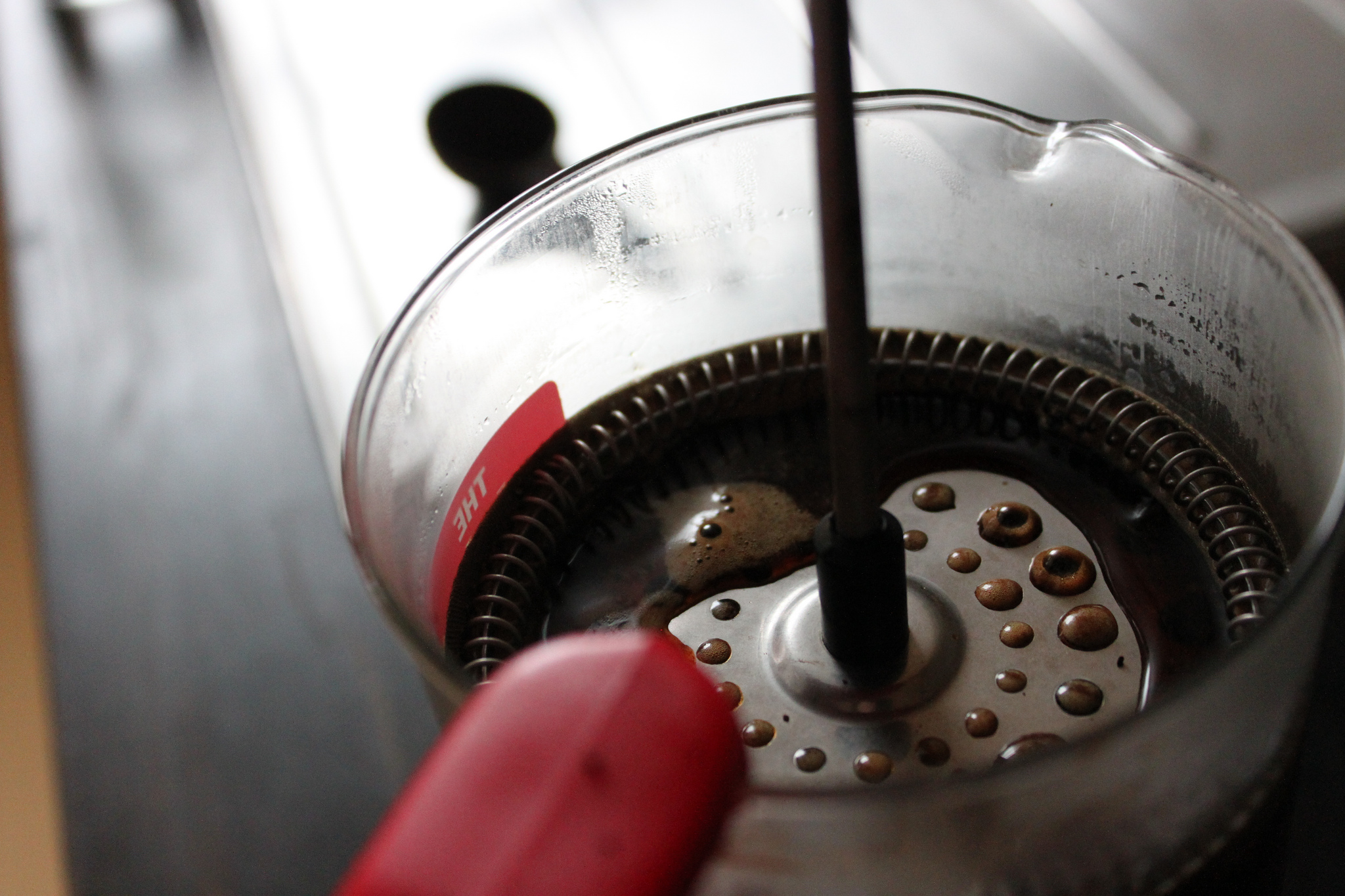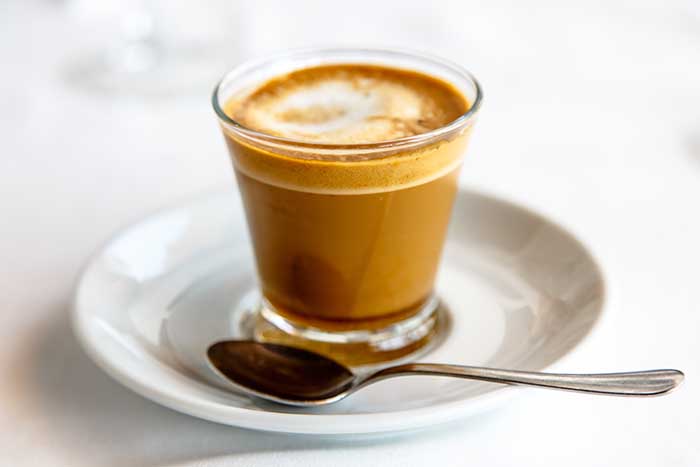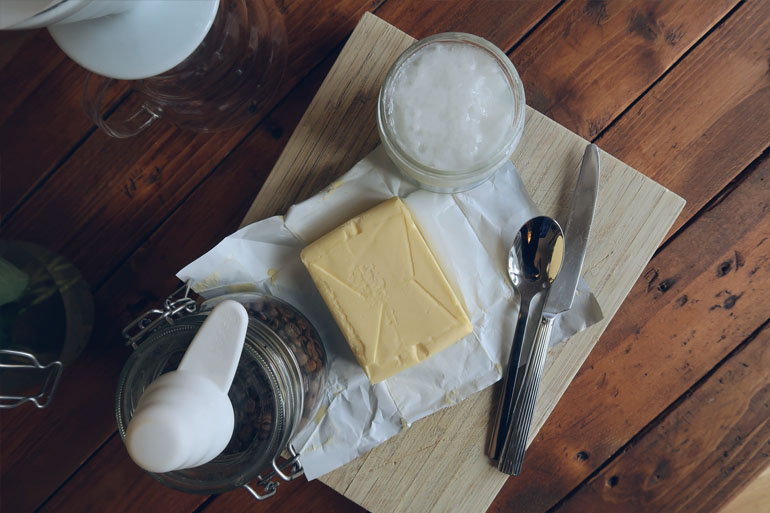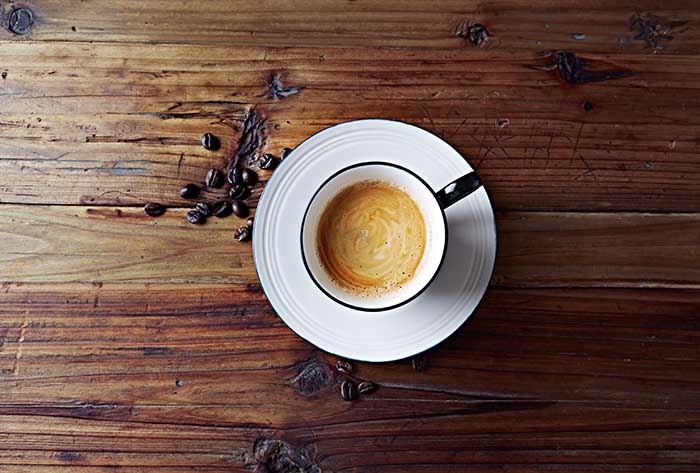
- What Exactly Is Caffeine?
- The Effects Caffeine Has On Your Body
- How much daily caffeine is too much?
- What factors affect the caffeine content of coffee?
- How much caffeine is in a cup of;
- Firstly, the caffeine content in different roasts is almost the same. It then varies depending on the amount of coffee used and also how it is brewed. For instance, dark roasts are not more robust, but when you use more and brew them, you get a stronger result than when you brew instant coffee. The amount of caffeine and how the cup tastes can vary depending on the manufacturer and what they prefer. This is why different chains have carved a niche for themselves amongst coffee drinkers.
How much caffeine is in a cup of coffee? Coffee has been around for centuries and it’s still one of the most popular drinks in the world. It’s also one of the most debated topics, with people arguing about whether or not it’s healthy to drink. But how much caffeine is actually in a cup of coffee?
There are two types of coffee – caffeinated and decaffeinated. The amount varies depending on what type you’re drinking, but typically there will be between 95-200 milligrams per 8 ounce cup (or 1/3rd liter). That means that if you have an average size mug, then your morning brew could contain as many as 200 milligrams of caffeine.
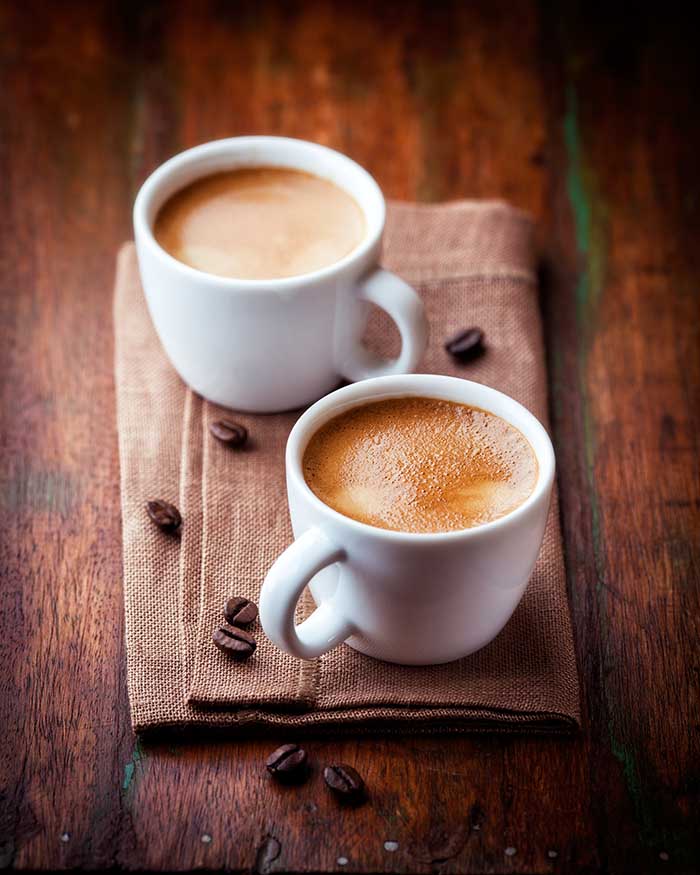
What Exactly Is Caffeine?
Caffeine is the stuff that perks you up when you drink tea and coffee or anything from the cacao plant. Caffeine is a natural stimulant, and it works by “waking up” the brain. Caffeine is an alkaloid found in over the leaves, fruit, and beans of over 60 plant species. It is also known as 1,3,7-trimethylxanthine.
It helps delay fatigue, and as such, many people drink caffeinated drinks to get the kick, it comes with. The overall effect will depend on how much caffeine you take. While it can be found In different drinks, including soft drinks, the most popular and common source is coffee. While it is a naturally occurring stimulant, caffeine can also be made and added to energy drinks.
The Effects Caffeine Has On Your Body
As we’ve already alluded to, caffeine has specific effects on your body, including waking you up. When you drink caffeine, it is absorbed into the bloodstream through the gut. It increases brain activity as well as activity in the nervous system. It can have an effect of increased heartbeat and improved breathing.
The other adverse effects on your body include dizziness, headaches, trembling hands, restlessness, anxiety, insomnia, frequent urination, fatigue when you begin to come down from the high, dehydration, and sometimes excitability.
How much daily caffeine is too much?
A lot of people have caffeine daily. But where do you draw the line and know when it’s now too much? Your body’s reaction to caffeine depends on your body mass and your health. The other varying factor comes in the difference in how well your body has adapted to taking a certain amount of caffeine in a day. It’s almost like the tolerance that you would have built up. With all things considered, the recommended daily intake of cocaine is 400mg.
What factors affect the caffeine content of coffee?
Water-coffee ratio
The water coffee ratio will determine the strength of the coffee. For instance, espresso has high caffeine content, and this is because it is brewed with almost equal parts of water and coffee.
Grind size
Grind size affects the amount of caffeine released from the coffee bean. The finer the grind, the more exposure the coffee bean will have to water as the two are combined. And when there is more exposure, there is more caffeine extraction.
Water temperature
The hotter the water used to brew coffee or tea, the faster the caffeine is extracted. The optimum extraction temperature is between 195 and 205˚F. You can reach this temperature with whatever brewing method you choose to use. It is also just below the boiling temperature of the water.
Brew method
The brewing method affects the amount of caffeine because it also dictates how much of the coffee is exposed to water and how it is extracted. Different coffee-making machines will yield different results.
Roast
While a lot may think that darker roasts have more caffeine content, this is not true. The caffeine content remains the same throughout the entire process since caffeine remains stable during the whole process. As coffee is roasted, the beans will expand and hence lose water weight. This is why darker roasts seem to be “stronger” than light roasts.
The longer you roast coffee beans, the amount of caffeine decreases. So this translates to more caffeine in beans that have been roasted for shorter periods. The strength of the cup of coffee is not in the type of roast but in the amount of coffee used.
How much caffeine is in a cup of;
Firstly, the caffeine content in different roasts is almost the same. It then varies depending on the amount of coffee used and also how it is brewed. For instance, dark roasts are not more robust, but when you use more and brew them, you get a stronger result than when you brew instant coffee. The amount of caffeine and how the cup tastes can vary depending on the manufacturer and what they prefer. This is why different chains have carved a niche for themselves amongst coffee drinkers.
Light roasts
Light roast coffee, such as Starbucks blonde roast, will have more caffeine. Approximately 360mg in an 8-ounce cup.
Medium roast
You can expect about 120 mg of caffeine in a cup of medium roast Arabica coffee.
Medium-dark roast
For medium-dark roasts, you can expect about 170mg in every 8 ounces
of coffee
Dark roasts
A dark roast from Starbucks has up to about 190 mg of caffeine in every 8-ounce serving.
How much caffeine is in a cup of;
Pour-over
There will usually be between 80 and 185mg of caffeine in a cup of pour-over coffee. The average amount of caffeine in a cup is 107.5mg.
French press
French press coffee has about 80-135mg of caffeine with an average of 107.5mg.
Instant coffee
It will have between 27 and173 mg of caffeine in an 8-ounce cup. This also goes for decaffeinated instant coffee. Generally, instant coffee has less caffeine than brewed coffee. This could be because there is less time needed to make it.
Latte
A latte will have between 63mg and 175 mg of caffeine in an 8-ounce cup.
Flat white
A 354ml cup of flat white will usually have 130 mg of caffeine.
Cortado
A 185ml cup of a cortado will have approximately 58- 185mg of caffeine in a single serving, which contains a double shot of espresso.
Cappuccino
A single serving of cappuccino, which would weigh about 16 ounces, will contain about 173 mg of caffeine.
Espresso
One fluid ounce of espresso will have about 63.6mg of caffeine. A 2 ounce shot of espresso will have approximately 150mg of caffeine. However, it may not always taste the same as espresso can be served in many different ways. The addition of milk to make other types of coffees also makes it taste differently.
